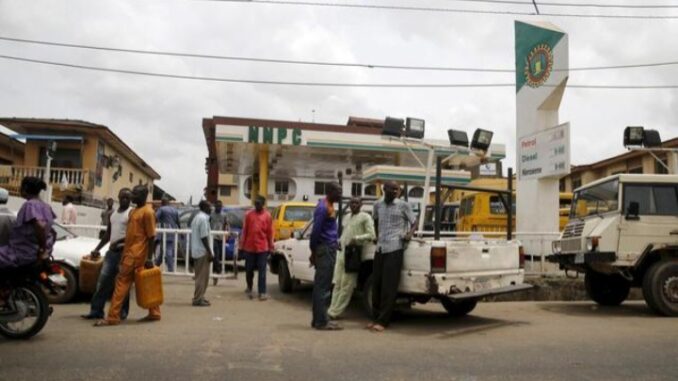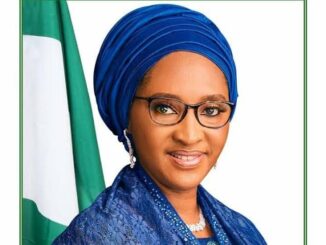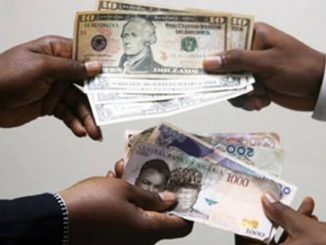
Nigeria’s state oil firm NNPC Ltd has proposed hiking petrol prices to as high as 557 naira ($1.21) per litre from 189 naira, according to a circular it sent to fuel stations, on Wednesday.
This has been officially confirmed in a press statement signed by Garba Deen Muhammad, Chief Corporate Communications Officer, NNPC Limited.
The schedules which posted side by side the current price and new pump prices in all states indicates that new price in Lagos has jumped from N184 to N488/litre; FCT Abuja from N194 to N537/litre and Port Harcourt from N189 now to N511/litre and Borno from N199 to N557.
The increase signals an end to a fuel subsidy regime that the NNPC says costs it $867 million a month and which new President Bola Tinubu said on Monday would be scrapped.
Facing economic hardships, the last time a government tried to remove the subsidy in 2012, it caused nationwide protests. Tinubu, then an opposition leader, opposed the removal of the subsidy.
The NNPC circular came after panic buying caused prices to jump as Nigerians rushed to fill their tanks ahead of the expected end of the subsidy that had been keeping prices low.
ALSO READ: Buhari to Tinubu: Increase civil servants’ salaries after fuel subsidy removal
On Tuesday, the NNPC’s chief executive said the corporation was owed $6.1 billion in fuel subsidy payments by the federal government and that Nigeria could no longer afford to pay for the subsidies.
Fuel outlets owned by NNPC were already selling petrol for 448 naira a litre in some parts of Lagos, up from 185, while in Abuja it was being sold for 537 naira.
An increase in petrol prices would increase transport costs for workers and many small businesses that rely on generators, in a country where grid electricity supply is meagre.
Rating agency Moody said Tinubu’s pledge to remove the subsidy and unify Nigeria’s multiple exchange rates was “credit positive”. But it warned of risks in the initial period, including higher inflation, weaker economic activity and more social discontent, Reuters said.




